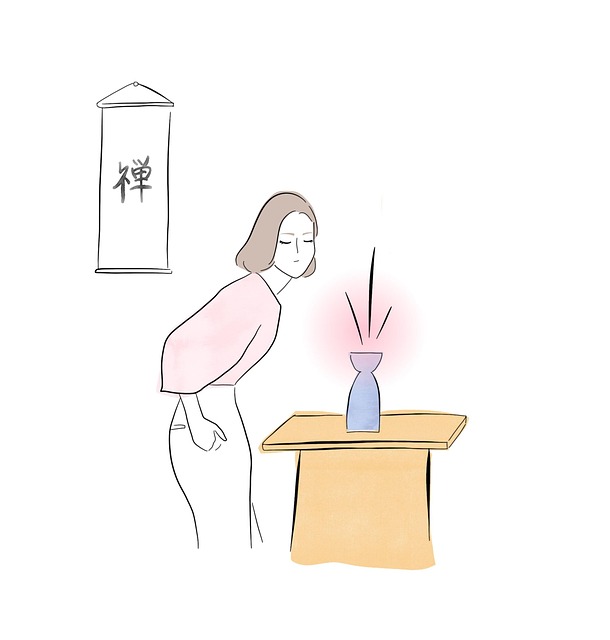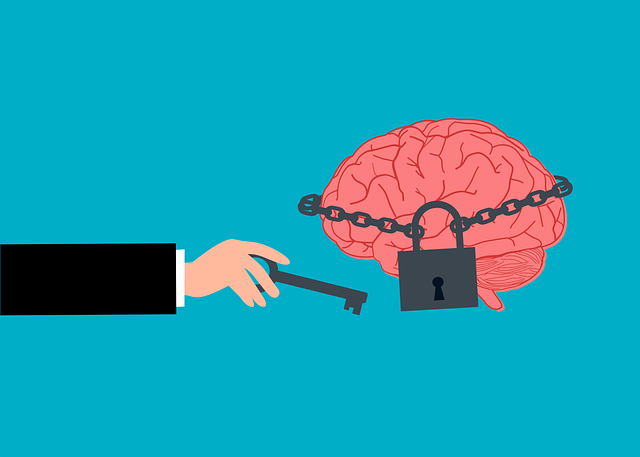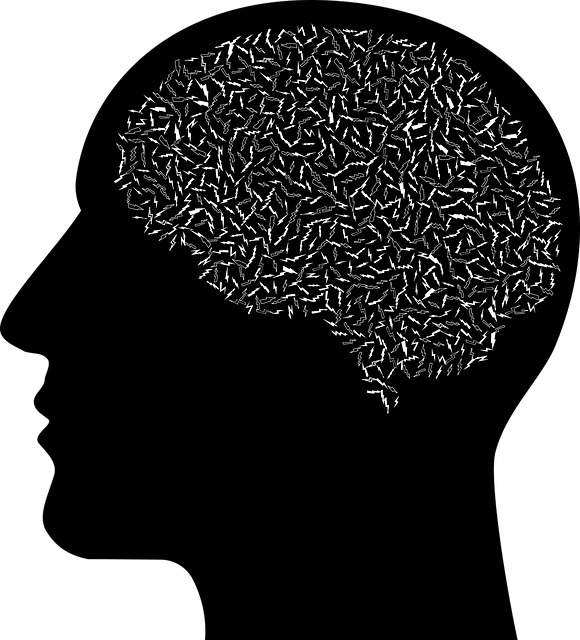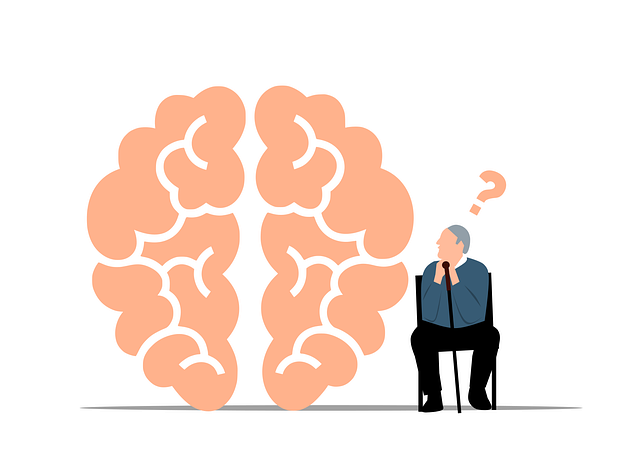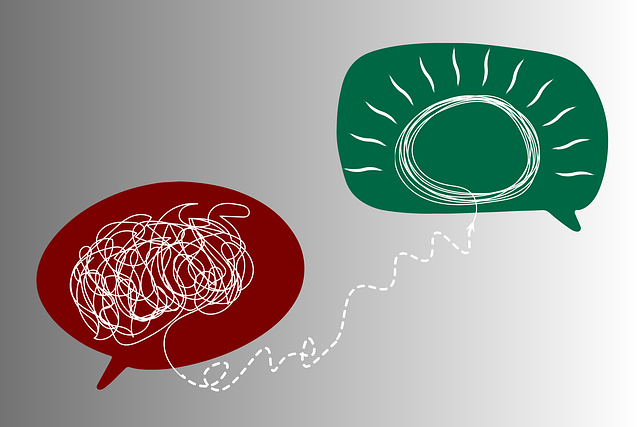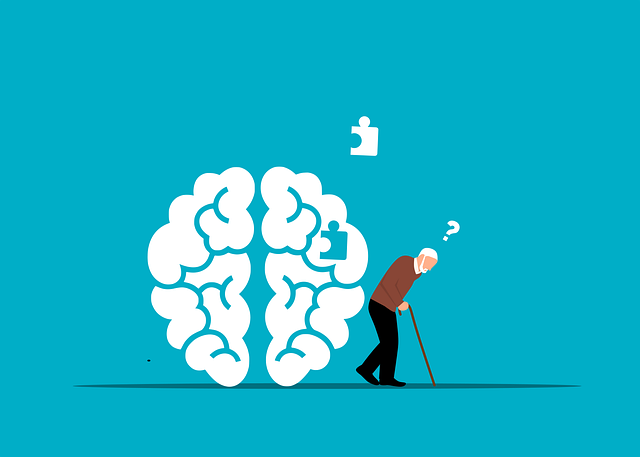Boulder Couples Communication Issues Therapy provides specialized support for couples dealing with grief and loss, fostering open dialogue, emotional intimacy, and healthy coping strategies through mindfulness-based counseling, self-care practices, and stress management workshops. This safe space helps individuals process unique bereavement journeys, improve mental wellness, and gradually rebuild their lives together while navigating complex emotions and uncovering hidden barriers within their relationships.
“In times of profound loss, grief can feel like a labyrinthine journey with no clear path. This is where counseling becomes an invaluable beacon of hope, offering Boulder couples and individuals essential tools for navigating difficult conversations about death. From understanding the complex tapestry of loss to uncovering unique emotional barriers, this article delves into effective therapy techniques and long-term resilience strategies. By exploring communication as a powerful tool, we aim to illuminate the way toward healing and growth following a significant loss.”
- Understanding Loss, Grief, and Bereavement: A Foundation for Counseling
- The Role of Communication in Navigating Difficult Conversations About Death
- Uncovering Emotional Barriers: Identifying Issues Unique to Grief
- Therapy Techniques for Supporting Individuals and Couples in Healing
- Building Resilience: Strategies for Long-Term Coping and Growth After Loss
Understanding Loss, Grief, and Bereavement: A Foundation for Counseling

Understanding loss, grief, and bereavement is a cornerstone for effective counseling, especially in sensitive areas like Boulder Couples Communication Issues Therapy. These concepts—loss, grief, and bereavement—represent different stages and experiences following a significant death or profound change. Loss refers to the absence of someone or something valued, while grief is the emotional response to that loss, often characterized by deep sadness, anger, or confusion. Bereavement, on the other hand, is the period during which individuals adjust to their new reality without the presence of their loved one.
In the context of Boulder Couples Communication Issues Therapy, counseling can provide a safe space for individuals and couples to explore these complex emotions. Through self-awareness exercises and stress management workshops, clients develop inner strength to navigate grief. The therapy encourages open communication about their feelings and experiences, fostering a supportive environment where they can begin to understand and process their unique journeys of bereavement.
The Role of Communication in Navigating Difficult Conversations About Death

Communication plays a pivotal role in navigating the delicate conversations surrounding death and bereavement. In Boulder, couples often face unique challenges when dealing with loss, as emotional healing processes can be intricate and deeply personal. Effective counseling provides a safe space for these difficult discussions, allowing individuals to express their grief and fears openly. Therapists specializing in bereavement help clients process their emotions, offering guidance on how to communicate their needs and cope with the profound changes ahead.
This support is crucial for self-care practices during an otherwise turbulent time. Through thoughtful communication strategies, couples can navigate their relationships while managing mental wellness. By fostering open dialogue, they can find solace in shared understanding and begin to rebuild their lives, ensuring each person’s emotional needs are acknowledged and met.
Uncovering Emotional Barriers: Identifying Issues Unique to Grief

Grief is a complex process that often presents unique challenges for individuals and couples in Boulder seeking counseling. One aspect that requires careful exploration is uncovering emotional barriers, especially those stemming from unaddressed issues within the relationship itself. Many times, loss and grief can expose underlying communication problems or unresolved conflicts that have been previously masked by the bond between partners. Identifying these hidden obstacles is crucial for effective therapy.
The process of healing after a significant loss involves not only managing symptoms but also understanding and processing the unique dynamics at play in each couple’s relationship. Professionals in mental health risk management planning can guide clients toward compassion cultivation practices, encouraging self-care practices that foster open dialogue and emotional intimacy. Through these means, couples can navigate their grief journey while enhancing their communication skills, ultimately fostering a deeper sense of connection and support during what is often an intensely challenging period.
Therapy Techniques for Supporting Individuals and Couples in Healing

In Boulder, couples facing loss, grief, and bereavement can find specialized support through various therapy techniques tailored to their unique needs. One effective approach is mindfulness-based counseling, which encourages individuals to focus on the present moment, accept their emotions, and cultivate self-compassion. This technique helps reduce the overwhelming intensity of grief by providing a sense of calm and allowing for better processing of loss.
Boulder Couples Communication Issues Therapy emphasizes open dialogue as a powerful tool for healing. Trained therapists facilitate conversations that help partners express their feelings, understand each other’s perspectives, and navigate the complex emotions associated with bereavement. By improving communication, this therapy strengthens the bond between partners, fosters emotional intimacy, and facilitates a shared path towards healing. Additionally, incorporating burnout prevention strategies for healthcare providers can empower both individuals and couples to manage their mood, ensuring they receive the necessary support throughout their grief journey, especially when navigating challenging community outreach program implementations.
Building Resilience: Strategies for Long-Term Coping and Growth After Loss

Grief is a natural process that can be transformative if given the right support and time. Building resilience after loss involves strategic coping mechanisms tailored to each individual’s unique experience. Through Boulder Couples Communication Issues Therapy, individuals and couples learn effective methods for processing their emotions, fostering open dialogue, and cultivating healthy coping strategies.
This journey of healing often includes developing a robust self-care routine focused on mental health awareness. By prioritizing mood management techniques, engaging in regular physical activity, and adopting healthy sleep habits, individuals can nurture their well-being during the difficult process of bereavement. Ultimately, these practices empower individuals to navigate life’s challenges with enhanced resilience and a renewed sense of purpose.
In navigating the complex landscape of loss, grief, and bereavement counseling, understanding the unique challenges faced by individuals and couples in Boulder is key. By recognizing the pivotal role of communication in addressing difficult conversations about death, therapists can uncover emotional barriers specific to grief. Employing therapeutic techniques that foster healing and resilience, practitioners enable clients to process their losses and cultivate strategies for long-term coping and personal growth. Through these comprehensive approaches, individuals and couples in Boulder can find solace and transform their grief into a catalyst for positive change.

